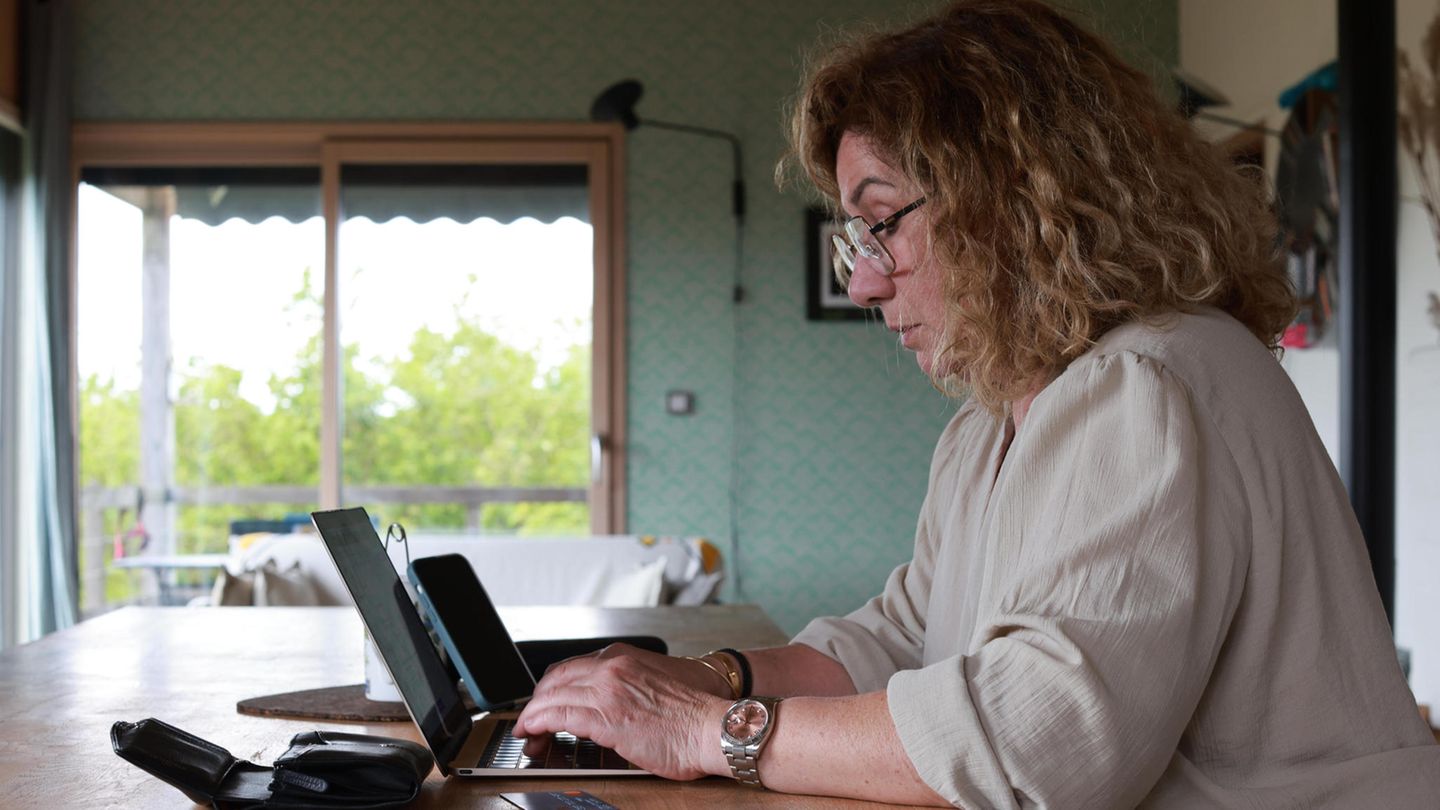Opinions differ when it comes to working from home. While some people don’t want to do without it, others would like to go back to the office more often.
Opinions differ among office workers when it comes to working from home. This was the result of a survey presented on Thursday by the opinion research institute Yougov on behalf of the automotive supplier Continental. While a good half of the office workers surveyed (53 percent) said they would be able to forego mobile working altogether if they received higher pay, almost as many (47 percent) said they would change jobs if their employers abolished or severely restricted home working would.
Going to the home office “tectonic shift”
As a result of the Corona lockdowns, when many companies sent their employees to work from home, there was a change in society “that we couldn’t actually imagine,” said Conti human resources manager Ariane Reinhart when presenting the survey. “It was such a tectonic shift during the pandemic. It went from zero to 100.”
During the work time
What private things can I do in the home office?
In the survey, the majority of office workers surveyed described a combination of office and home office as optimal. Almost a quarter were in favor of 20 to 49 percent working from home, and one in five were in favor of exactly 50 percent. 39 percent said the biggest advantage of mobile work was the time saved by not having to travel to the office, followed by a better work-life balance at 37 percent. 17 percent of those surveyed said they could work more concentratedly at home than in the office.
Interaction with colleagues plus point of the office
On the other hand, one in five (22 percent) said that it was easier to separate work and private life in the office, and almost as many (19 percent) spoke of better teamwork. 47 percent value interaction with colleagues when they physically meet them. Yougov interviewed 2,083 representatively selected office workers for the survey in April.
Reinhart warned that this could lead to a division in society. “I also see a tendency in Germany for us to have a two-class society,” she said. “There are those who can’t stay at home because they provide care, provide services or work in the factory. And there are others who can also move their place of work to home or somehow perhaps to an apartment on Mallorca.” A consensus must now be found in society that takes everyone’s interests into account.
Source: Stern




